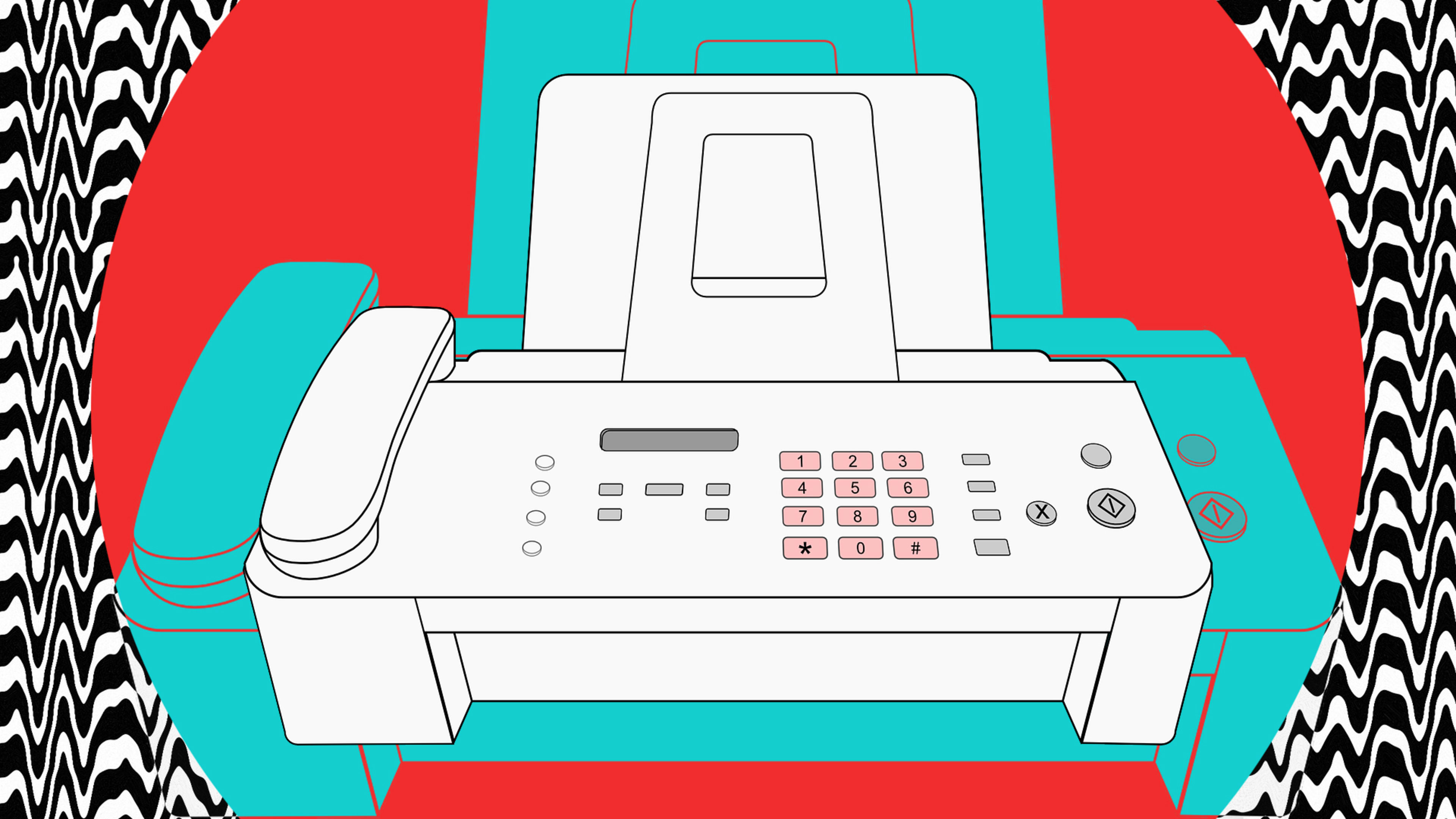With every passing snafu, the U.S. is proving that it gets an F in disaster preparedness. In the immediate days after the COVID-19 pandemic struck, a Centers for Disease Control and Prevention fiasco cut the legs out from under healthcare providers; then the trillion-dollar manufacturing industry lagged in mobilizing against a dire shortage of face masks and ventilators; and now the federal relief legislation’s small business lending program is floundering, with banks blindsided by a flood of requests.
Adding to the national shame, state labor departments are buckling under record numbers of unemployment claims, thanks to technology systems that are embarrassingly out of date. It didn’t have to be this way—but alas, it is.
Here are some examples:
New York
New York’s unemployment-insurance system runs on archaic software programs that state officials said were “written in the 1970s and 1980s and remain constrained by the technology of that era,” reported The New York Times. But this isn’t news; it was a known problem that the state sought to remedy in 2017. In 2019, it awarded a $56 million multiyear contract to Mumbai-based Tata Consultancy Services to modernize its “outdated and expensive” system, but those fixes didn’t come quick enough: As more than 450,000 New Yorkers have tried to file unemployment claims over the past three weeks, they’ve encountered frozen computer screens and pop-ups recommending Netscape—a web browser that was discontinued in 2008. One claimant told The New York Times that he had to trek out to Staples, mid-pandemic, in order to fax his pay stubs to the labor department’s Albany offices.
New Jersey
New Jersey’s unemployment system is equally as primitive as New York’s, running on Common Business-Oriented Language (COBOL) software, a relic from the age of mainframe computers. COBOL had its heyday in the 1960s before falling into near extinction, despite a brief revival during the Y2K scare. Unsurprisingly, New Jersey’s four-decade-old technology has struggled to process the state’s 1,600% surge in claims, and governor Phil Murphy at a press conference Sunday pleaded for help from volunteer coders who might know how to work in COBOL, most of whom would be retirees.
Maine
The Maine Department of Labor is also having a tough time with its deluge of claims. Unemployment filers who experienced technical glitches with the website would have to phone the offices, which were overwhelmed by “unprecedented numbers” of calls, according to Maine Public. In response, the department has reverted to the good old-fashioned “alphabet” system: Filers with last names starting with A-H can call on Mondays, I-Q on Tuesdays, and R-Z on Wednesdays, with Thursdays and Fridays for leftovers who missed their designated days.
Florida
Florida’s unemployment website has been broken for years, riddled with bugs that were flagged by auditors in three reports over the past five years, the latest in 2019. Neither the former nor current state governor has addressed these issues, although Florida Department of Economic Opportunity director Ken Lawson last week told filers attempting to navigate the website, “From my heart, I apologize for what you’re going through.” According to the Miami Herald, Lawson said his offices received 1.5 million calls in the prior week, a third of those from filers trying to reset their PIN numbers, which are required to log on to the website. In the meantime, the department is offering pen-and-paper applications to be mailed in to the offices, where a hired third party will scan them into the system.
These states are not alone: A 2018 review of 400 state government websites, by the Information Technology and Innovation Foundation, found that almost all of them were lacking in essential criteria, including page-load speed, mobile friendliness, security, and accessibility.
For a country that leads in global innovation, you’d think we can do a bit better than this. Let’s hope this serves as a wakeup call for the future!
Recognize your brand’s excellence by applying to this year’s Brands That Matter Awards before the early-rate deadline, May 3.
